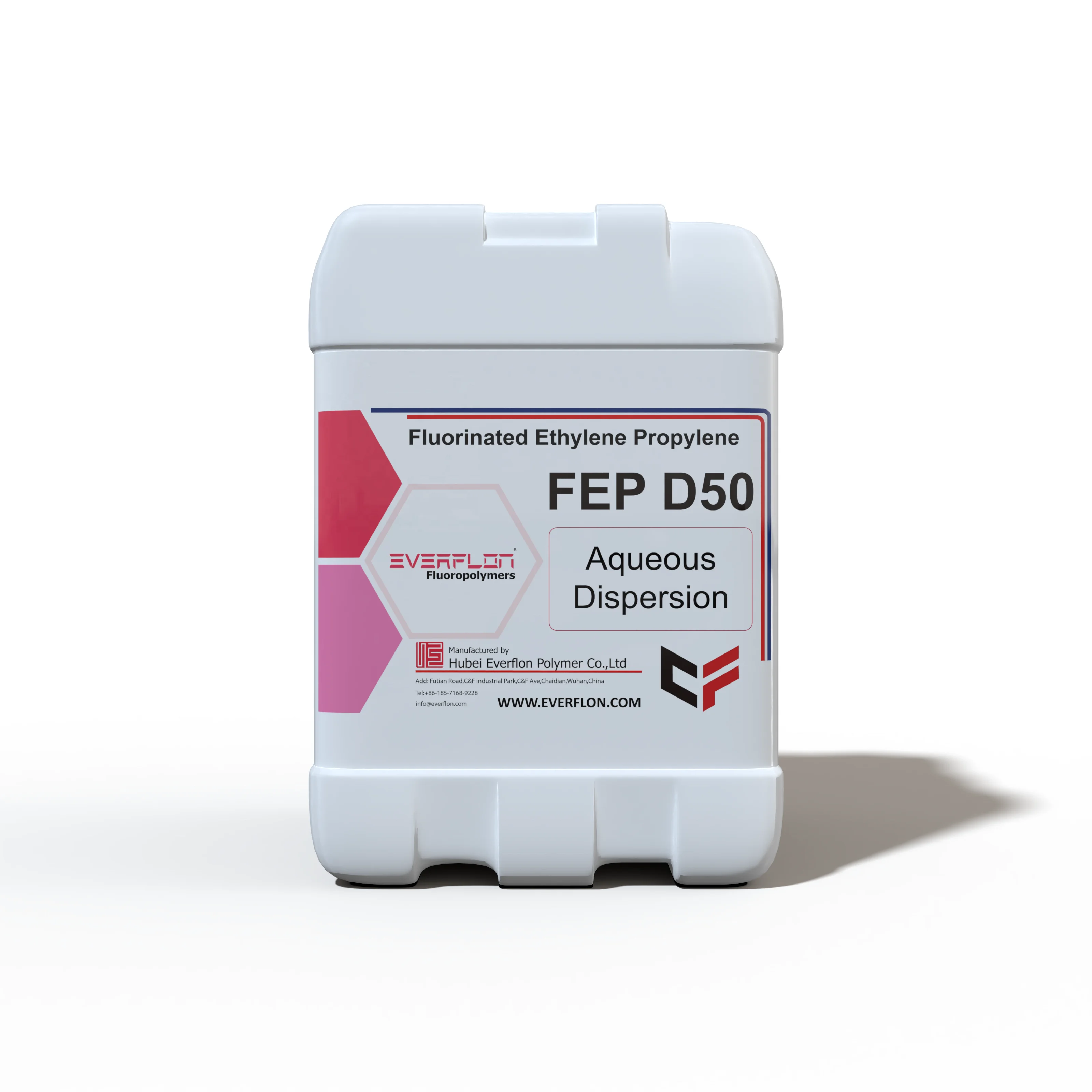Hello,
I have a question about laboratory equipment,
Apart from borosilicate glass, what other types of materials can be used as reactor?
Would it affect the quality of the synthesis?
What equipment is recommended to synthesize 500 P2NP g.??
Thank you
I have a question about laboratory equipment,
Apart from borosilicate glass, what other types of materials can be used as reactor?
Would it affect the quality of the synthesis?
What equipment is recommended to synthesize 500 P2NP g.??
Thank you
- Joined
- Aug 8, 2022
- Messages
- 674
- Reaction score
- 512
- Points
- 63
- Deals
- 5
PP. HDPE or even metal if you apply a protective PTFE coating to the whole interior surface.
Barrel in barrel, so you can cool and heat. Large condenser made from pipe in pipe.Hole for condenser, hole for teflon overhead stirring adapter (Or a large cement mixing drill hooked up to a regulator).Your aluminium needs to be thicker than sub 50-100g reactions, much thicker or else it will go out the condenser.The limit is 100g is said, but I am fairly convinced you can scale up a lot more.There is 1 person here that I know of that does 1kg reactions with this method and by what he says it takes "hours" to amalgamate and aluminium sheet is used.
Barrel in barrel, so you can cool and heat. Large condenser made from pipe in pipe.Hole for condenser, hole for teflon overhead stirring adapter (Or a large cement mixing drill hooked up to a regulator).Your aluminium needs to be thicker than sub 50-100g reactions, much thicker or else it will go out the condenser.The limit is 100g is said, but I am fairly convinced you can scale up a lot more.There is 1 person here that I know of that does 1kg reactions with this method and by what he says it takes "hours" to amalgamate and aluminium sheet is used.
↑View previous replies…
- Joined
- Aug 8, 2022
- Messages
- 674
- Reaction score
- 512
- Points
- 63
- Deals
- 5
No, it should not affect quality, but watch out, at room temp. both hdpe and pp are fine in almost anything but at 110*C they start deforming especially under solvents, acids etc.
- Joined
- Aug 8, 2022
- Messages
- 674
- Reaction score
- 512
- Points
- 63
- Deals
- 5
Yes, but at the first addition the temp. may suddenly rise higher than that
- Joined
- Aug 8, 2022
- Messages
- 674
- Reaction score
- 512
- Points
- 63
- Deals
- 5
I worked well with 0.25mm-3mm "sheet" ,I say in quotes because its bendable by hand easily. I cut into small sizes and do 1-2 sec blitz in coffee grinde/blender just for a bit of surface area

